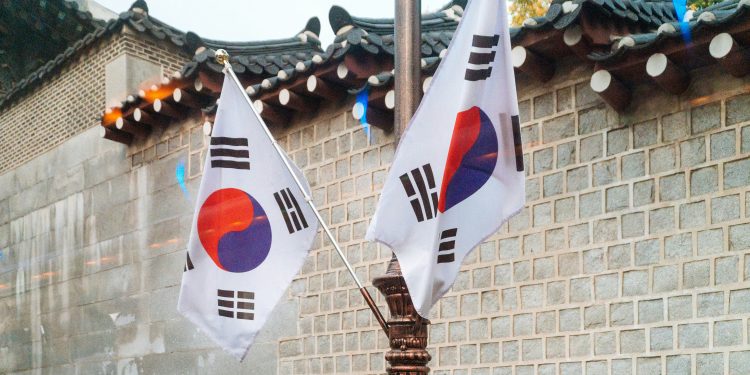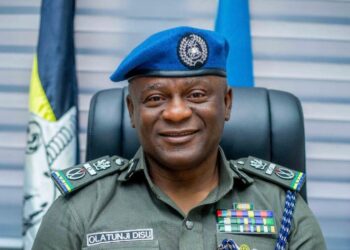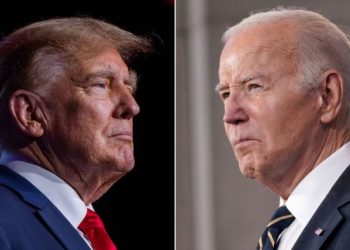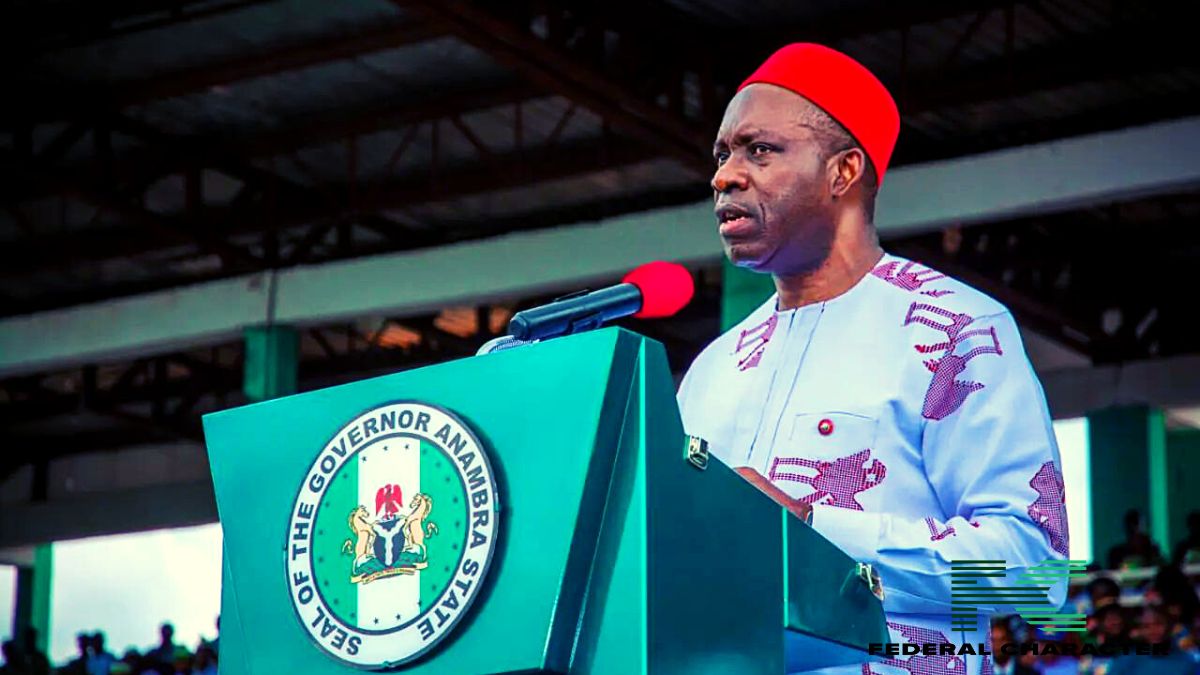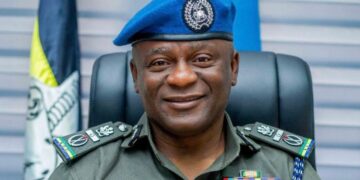South Korea’s military has confirmed firing warning shots at North Korean soldiers who briefly crossed the heavily fortified Demilitarized Zone (DMZ) separating the two Koreas, sparking fresh tensions on the peninsula.
The incident occurred Tuesday afternoon local time when an unspecified number of North Korean troops working in the border region crossed the Military Demarcation Line, prompting South Korea’s Joint Chiefs of Staff (JCS) to authorize defensive warning shots.
North Korean state media immediately denounced the action as a “deliberate provocation,” with Army Lt Gen Ko Jong Chol warning the incident could drive border tensions to an “uncontrollable phase” given the massive forces stationed in confrontation along the DMZ.
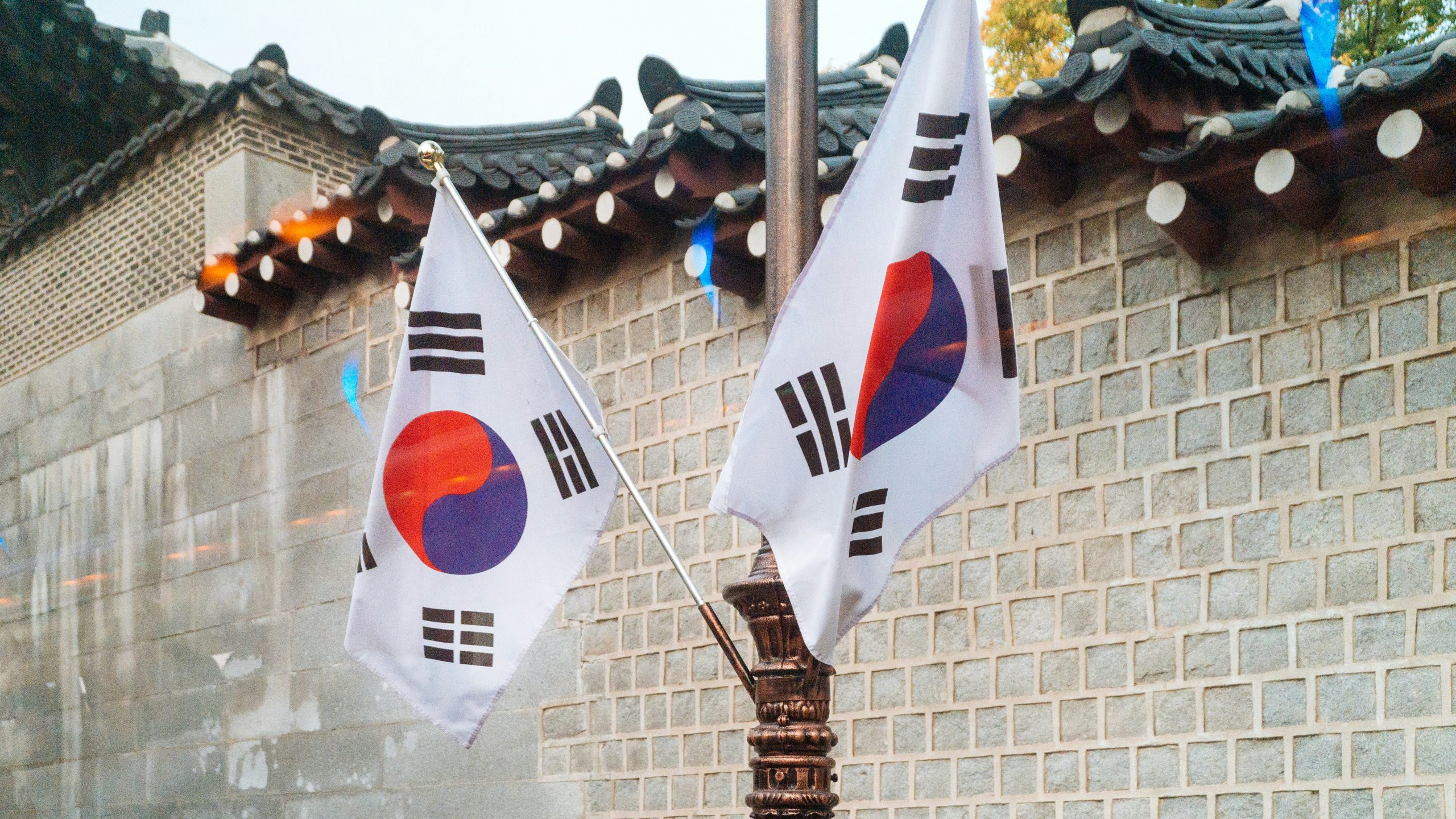
The Incident Timeline: North Korean Intrusion and Swift Response
According to South Korea’s JCS statement, the border violation occurred approximately at 15:00 Seoul time (07:00 BST) when North Korean soldiers conducting unspecified work in the border region crossed into southern territory.
South Korean forces responded with machine gun warning shots—reportedly more than 10 rounds—after which the Northern soldiers retreated back across the demarcation line. The incident highlights the ongoing vulnerability of the unfenced DMZ, where obscured signposts and dense vegetation sometimes lead to unintentional crossings, though the military response indicates seriousness regarding this particular violation.
Both militaries maintain high alert levels along the 160-mile DMZ, one of the world’s most heavily fortified borders with approximately two million troops stationed between the two sides. The South Korean military’s calibrated response—warning shots rather than immediate engagement—reflects standard protocol for border violations while demonstrating readiness to defend territorial integrity.
Why It Matters
The DMZ has witnessed numerous incidents throughout the decades since the Korean War ended in 1953 without a peace treaty, leaving both nations technically at war. While outright shelling has been absent for years, border intrusions and psychological operations continue periodically.
North Korea particularly objects to South Korea’s propaganda loudspeaker broadcasts—which Seoul recently suspended—considering them acts of war and previously threatening to destroy them. These tensions fluctuate alongside diplomatic relations, currently at a low point despite the new administration’s conciliatory gestures.
The military confrontation comes at a delicate diplomatic moment, with new South Korean President Lee Jae Myung departing Saturday for visits to Tokyo and Washington seeking coordinated approaches to North Korea.
Despite campaigning on improving inter-Korean relations and recently suspending propaganda loudspeaker broadcasts across the border as a trust-building measure, Lee’s administration has faced consistent dismissal from Pyongyang. Kim Jong Un’s sister has particularly rebuffed reconciliation efforts, even as North Korea continues permanent border sealing operations initiated last year that further isolate the two Koreas.

